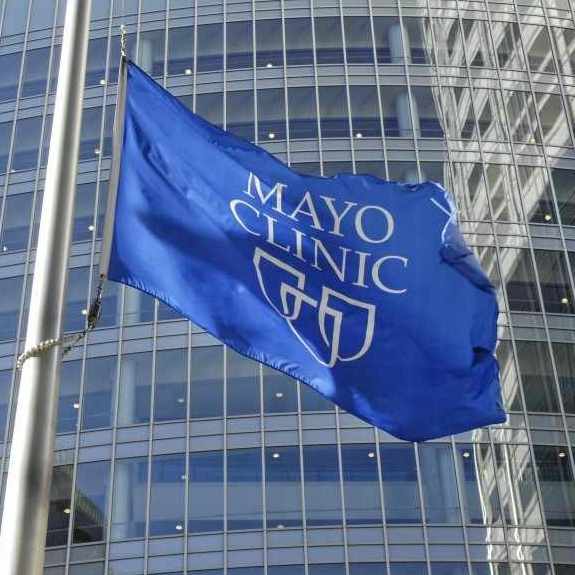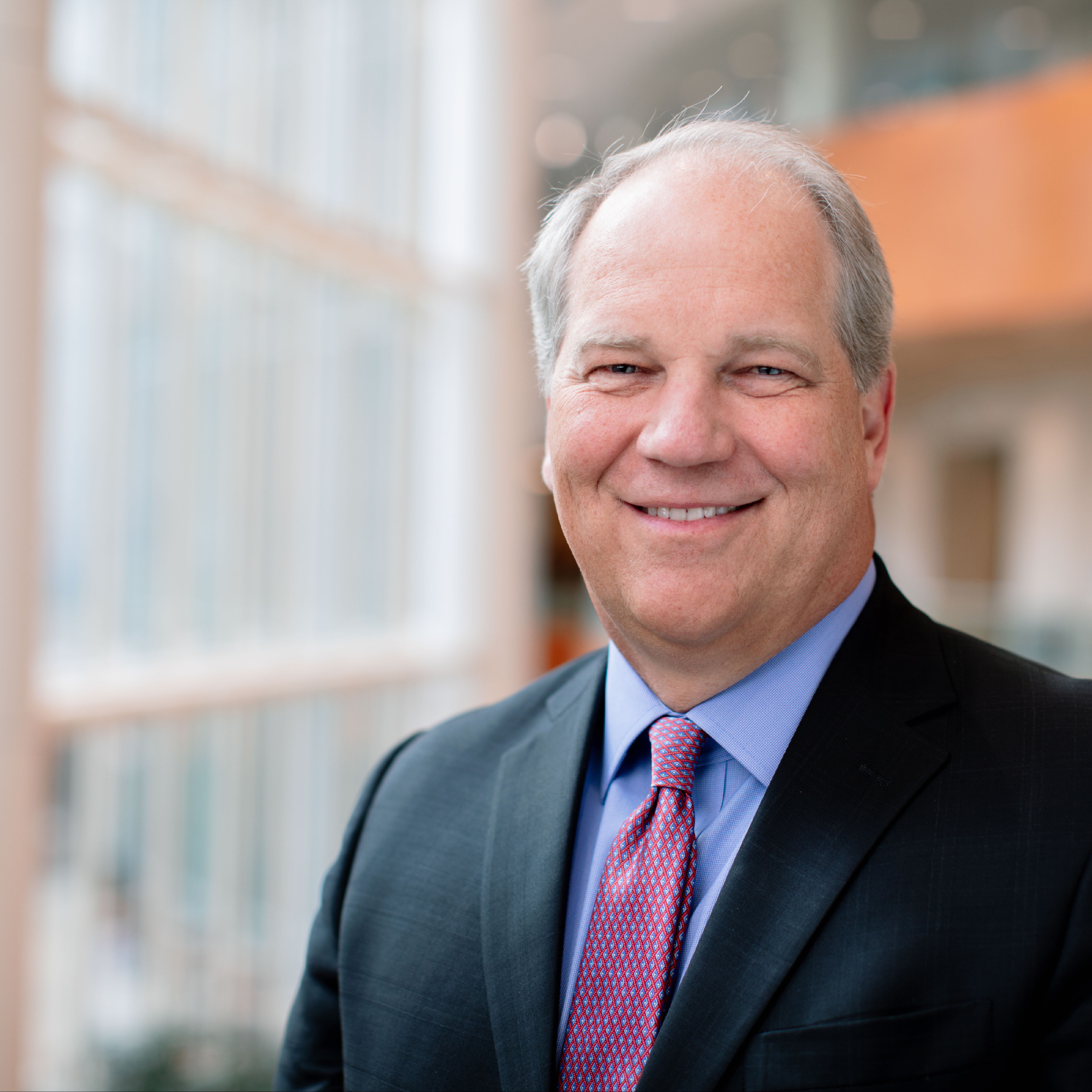Arizona

January 3, 2025
Winter is flu and cold season. Will taking in more vitamin C keep you healthier and prevent illness? Dr. Jesse Bracamonte, a Mayo Clinic family[...]

January 16, 2019

November 13, 2018
Explore more topics
 Sign up
Sign up

Mayo Clinic Connect
An online patient support community









